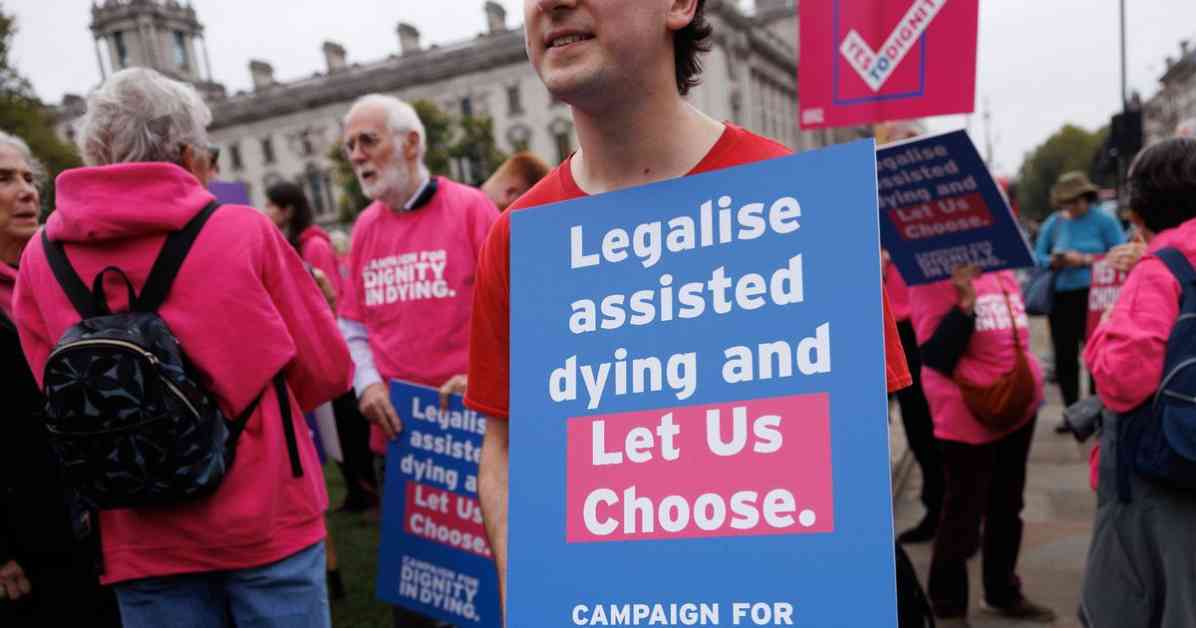Northern Ireland’s MPs have been sharing their thoughts on the Assisted Dying Bill ahead of a vote in Parliament on Friday. The private members bill would see terminally ill people in England and Wales have the ability to opt for an assisted death in certain circumstances. While in Northern Ireland, the issue is devolved, MPs from here have strongly spoken out against the bill with only the SDLP’s Colum Eastwood speaking in favour of it to date and his party leader Claire Hanna is yet to decide how she will vote on the issue.
Speaking ahead of the vote, the DUP’s Upper Bann MP Carla Lockhart emphasized that the focus of the National Health Service should be to protect life. She expressed concerns about the lack of focus on palliative care and highlighted the potential risks of introducing assisted suicide legislation. Lockhart argued that the safeguards outlined in the bill may not be sufficient to prevent coercion or pressure on vulnerable individuals.
TUV’s North Antrim MP Jim Allister strongly opposed the bill, expressing his concerns about the moral implications and the potential societal impact of legalizing assisted suicide. Allister raised questions about the financial implications and the potential shift in societal attitudes towards the elderly and the ill.
Alliance Party MP for Lagan Valley, Sorcha Eastwood, shared her decision to vote against the bill, citing concerns about the adequacy of palliative care funding and the clarity of the drafted legislation. Eastwood emphasized the need for thorough scrutiny and debate on such a significant and complex issue.
Other MPs, including the UUP’s Robin Swann and independent MP Alex Easton, have also indicated their intention to vote against the bill.
In contrast, SDLP’s Colum Eastwood explained his support for the bill, emphasizing the importance of allowing individuals facing terminal illnesses the choice to avoid prolonged suffering and maintain dignity in their final months. Eastwood acknowledged the varying perspectives on the issue and welcomed constructive feedback to improve the legislation.
As the debate on assisted dying continues, it is clear that MPs are grappling with complex ethical, legal, and practical considerations. The differing viewpoints reflect the challenging nature of the issue and the need for careful deliberation in shaping legislation that balances compassion with safeguarding vulnerable individuals.
The upcoming vote on the Assisted Dying Bill marks the beginning of a potentially lengthy process of legislative scrutiny and debate. MPs will have the opportunity to further refine the bill and address concerns raised by various stakeholders. The outcome of the vote will have far-reaching implications for end-of-life care and individual autonomy in the UK.
For more updates on this evolving issue, stay tuned to local news sources and political developments.




